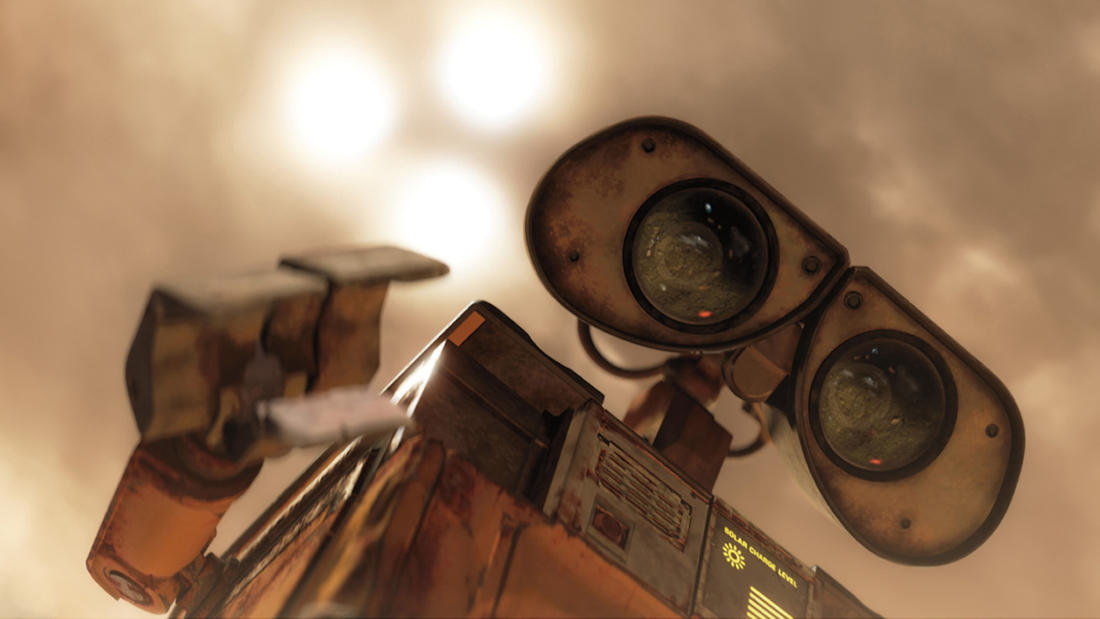
Belcourt Theatre Nashville, TN
Dr. Nilanjan Sarkar
Professor of Mechanical Engineering and Computer Engineering, Vanderbilt University; Robotics and Autonomous Systems Laboratory, Vanderbilt University
Wall-E— Intelligent and Autonomous Robots
Program Description
A post-screening discussion and robot demonstration.
Presented At
Belcourt Theatre Nashville, TN
Film Synopsis
In the distant future, a small waste-collecting robot inadvertently embarks on a space journey that will ultimately decide the fate of mankind.
In the distant future, Earth is overrun with garbage and devoid of plant and animal life. The surviving humans live on the spaceship Axiom after vacating the planet hundreds of years earlier. The original plan was for humans to live in outer space for five years while waste-cleaning robots ("WALL-Es") prepared Earth for re-colonization. However, centuries later, just one WALL-E (voiced by Ben Burtt) remains. Lonely, with only a pet cockroach to keep him company, WALL-E discovers a new purpose in life when he meets a sleek search probe named EVE (Elissa Knight). EVE comes to realize that WALL-E has inadvertently stumbled upon the key to the planet's future, and races back to space to report her findings to the humans. Meanwhile, WALL-E chases EVE across the galaxy on a journey that will ultimately decide the fate of mankind. Produced by Pixar and released by Walt Disney Pictures, WALL-E won the Academy Award for Best Animated feature.
About the Speaker
Dr. Nilanjan Sarkar is a professor of mechanical engineering and computer engineering at Vanderbilt University, and the director of the Robotics and Autonomous Systems Laboratory. He is interested in the analysis, design, and development of intelligent and autonomous systems that can work with people in a versatile and natural way. His current research involves both theoretical analysis and experimental investigation of electromechanical systems, sensor fusion, and machine learning, modeling of human-robot and human-computer interaction, kinematics, dynamics, and control theory leading to the development of these smart systems.